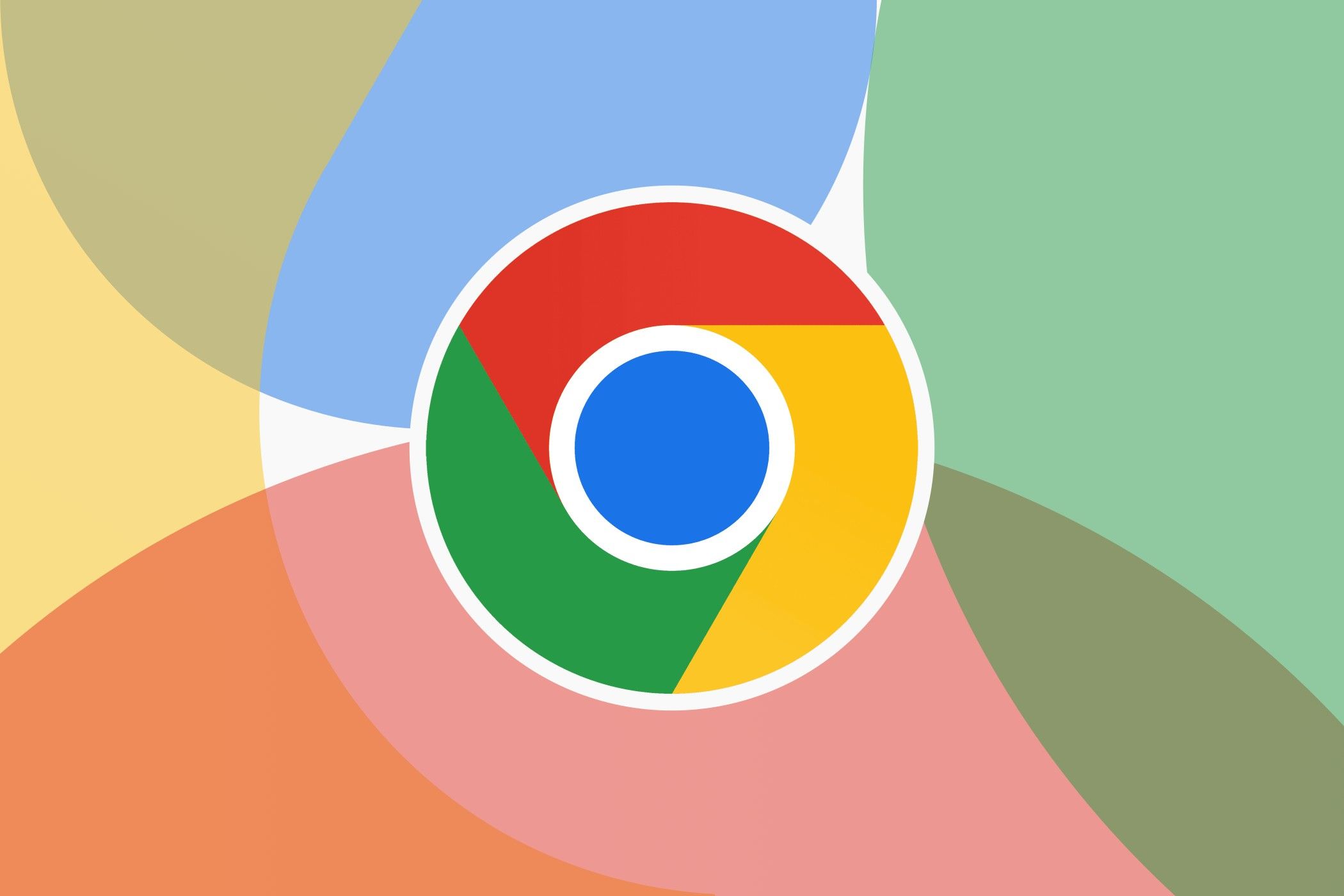Tech
Google Chrome Might Let You Tip Websites

Google has confirmed plans to add an upcoming Web Monetization standard currently being developed by the Web Platform Incubator Community Group to its Chrome browser. You’ll be able to support your favorite blogs and websites to help them keep the lights on, and not rely solely on advertising revenue or subscriptions.
“Web Monetization is a web technology that enables website owners to receive micropayments from users as they interact with their content,” Google wrote on its Chrome Platform Status blog. It enables “a new revenue model for content creators and website owners, allowing them to earn from their work while users consume their content. It also facilitates voluntary user contributions, such as tips, directly rewarding the creators for the value their content provides.” Website owners can add code to their site to signal that a website supports Web Monetization, allowing Chrome to show payment options or set up background payments.
Web Monetization works without user interaction, meaning would be able to reward your favorite site automatically simply by visiting with an enabled wallet. Don’t worry; Google promises Chrome will give you complete control over how much and when a payment is made on a per-site basis. “If a user has their wallet set up for a particular website, their browser will automatically start a web monetization session, enabling direct payments from the user to the website,” the company clarified.
That’s all great, but I have a question: why did it take so long to come up with an industry standard to compensate websites for their hard work? The web has thrived because advertising has made everything free by monetizing content through ads. Unfortunately, the ad-driven model has ruined the user experience, but an official W3C-backed solution could make everyone’s lives much easier. It might even lead to some websites reducing their ad load, provided revenue from Web Monetization makes up for lost ad revenue.
Chrome continues to pick up new features at a solid pace, including AI-powered capabilities such as automatic tab organization and an upgraded visual search, among others.
Source: Google, W3C via BleepingComputer









